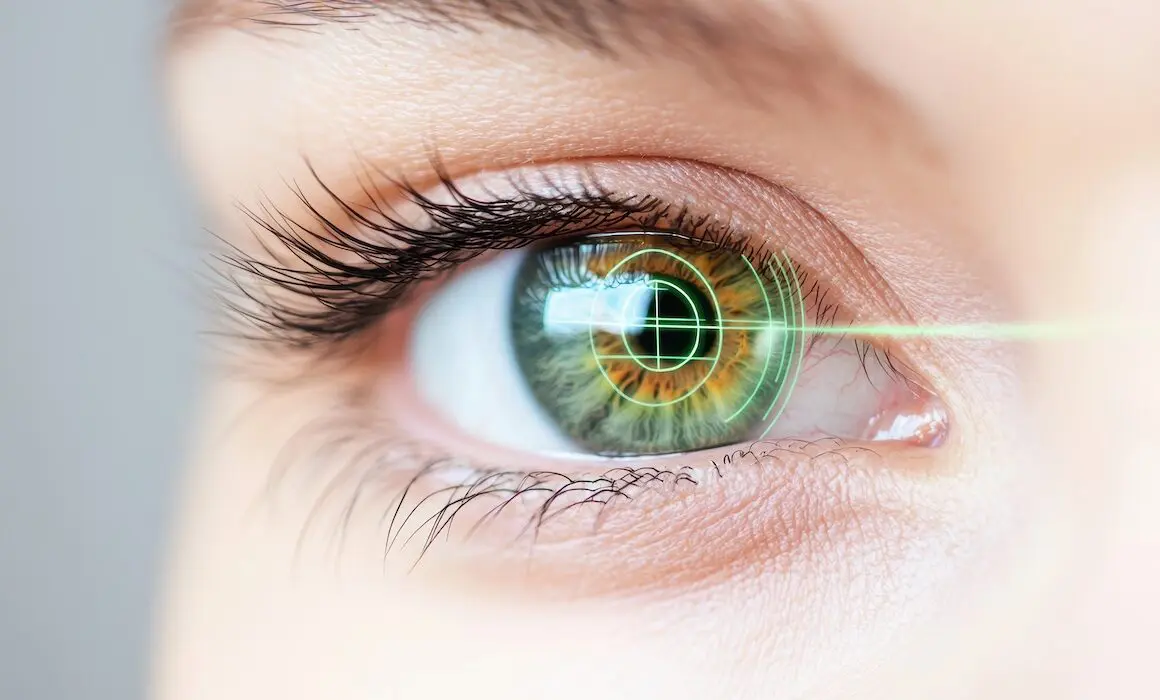Introducing the Helen Diller Center

Recognizing the important roles that Israel and the Technion play in scientific and engineering breakthroughs, the Helen Diller Family Foundation announced today that it is giving $50 million to the Technion – Israel Institute of Technology. The donation will support the university’s new quantum center, now named the Helen Diller Center for Quantum Science, Matter, and Engineering.
The Technion relies on the generosity of individuals to continue and expand its work. This gift will strengthen the Technion’s position as a world leader in quantum science and engineering by providing the means for new faculty recruitment, establishing new infrastructure, seed funding for research and development, and educating a new generation of engineers.
The First of Its Kind in Israel
The Helen Diller Center for Quantum Science, Matter, and Engineering is the first of its kind in Israel. The state-of-the-art facility is uniquely poised to advance scientific innovation while using the principles of quantum mechanics to impact various engineering fields and develop applications for a wide variety of industries.
Research at the Helen Diller Center will focus on quantum computing and information processing, quantum communications, quantum sensing and detection, quantum simulations, simulators, and quantum materials.
The facility will also be a collaboration hub between Technion scientists, researchers, and engineers from the faculties of electrical engineering, physics, chemistry, materials science engineering, mechanical engineering, and computer science. Such interdisciplinary collaborations are a hallmark of the Technion and have led to unprecedented innovations in a variety of fields.
Leading the Quantum Revolution
Quantum mechanics — a fundamental theory in physics that describes nature at the smallest scales of energy levels of atoms and subatomic particles — revolutionized science in the early part of the 20th century.
Today, Technion scientists are on the verge of employing quantum in ways that will transform the future:
- From totally secure computing, communications, and online transactions;
- To superior sensing and diagnostic technology that can be used for medical care;
- To monitoring chemical, biological, and nuclear materials;
- To developing computers with computational powers far beyond those of the computer or device you’re reading this on;
- To new materials with unusual electrical, optical, and magnetic properties that will lead to new and innovative devices and solutions.
The Technion has a long history of making major contributions to quantum science research. In 1935, Professor Nathan Rosen, along with his mentor, Professor Albert Einstein, and their colleague, Boris Podolsky, published a historic paper on quantum fusion and the EPR Paradox. In 1993, Technion Faculty of Physics Professor Asher Peres and colleagues published a groundbreaking paper on quantum teleportation, a major milestone in quantum information and communication.
The Technion’s broad and innovative contributions in the field of quantum physics have continued ever since. It’s one of the many ways the Technion has contributed to Israel’s role as the “Startup Nation” — a globally recognized technological powerhouse.
An Investment with Global Impact
The world is now in the midst of the second quantum revolution. The immense nanotechnology capabilities and expertise developed in the past 15 years have paved the way for scientists to use quantum science in capacities that will benefit nearly every aspect of society. And with this generous gift, the Technion will lead the charge in this second quantum revolution.
After all, the Technion is where the generation of entanglement — a fundamental quantum property — with “quantum dots” (artificial atoms) was first demonstrated. It’s where the first tiny, inexpensive atomic clocks were developed. And it’s where innovative theoretical concepts in the area of quantum materials (topological insulators) were first discovered.
The Helen Diller Family Foundation’s generous gift is an investment in that brilliance. It will elevate the Technion to the pinnacle of quantum research institutions around the globe. And it will be vital to Israel’s continued economic success and domestic security.



